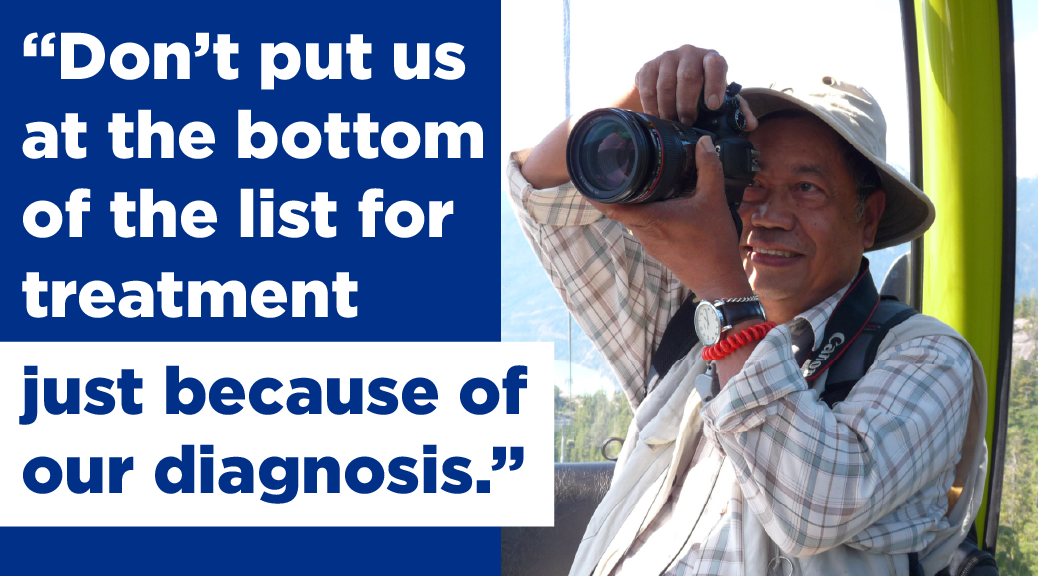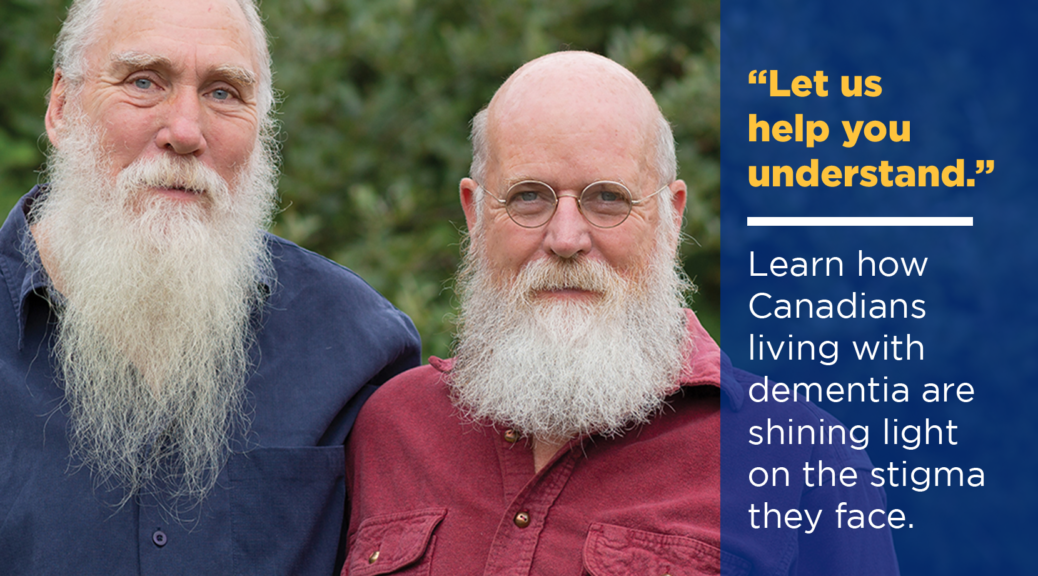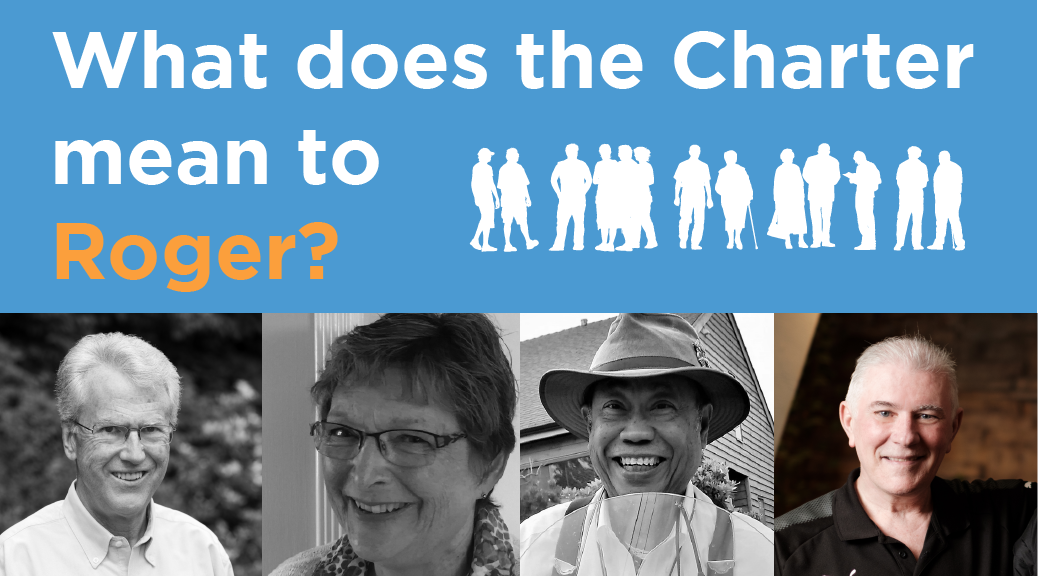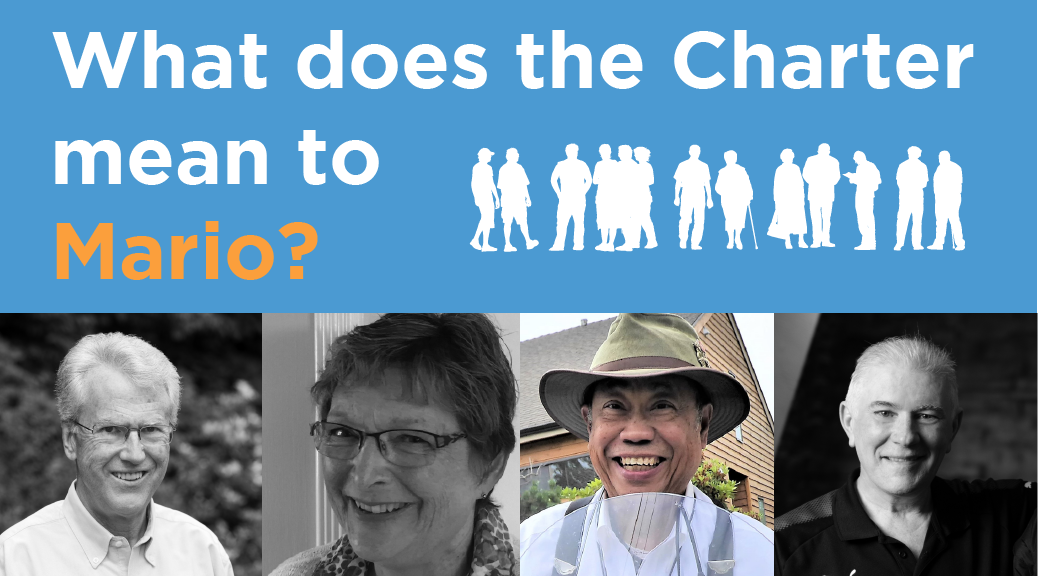“Don’t put us at the bottom of the list for treatment just because of our diagnosis.”
When Mario Gregorio was diagnosed with dementia 12 years ago, he was determined to continue to live a full life as long as he could. As a volunteer for the Alzheimer Society of Canada, Mario, who lives in Burnaby, B.C., has educated thousands of people about the condition, and helped write the Canadian Charter of Rights for People with Dementia in collaboration with the Society’s Advisory Group of people living with dementia. So, when the COVID-19 pandemic erupted, and news…








